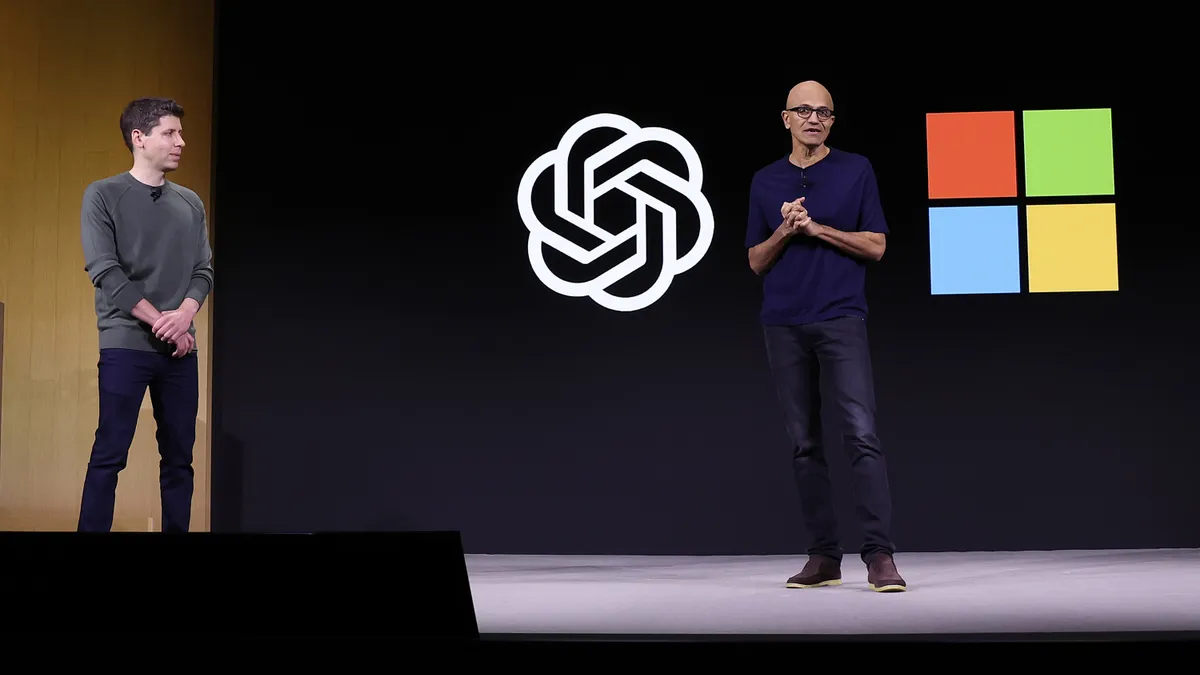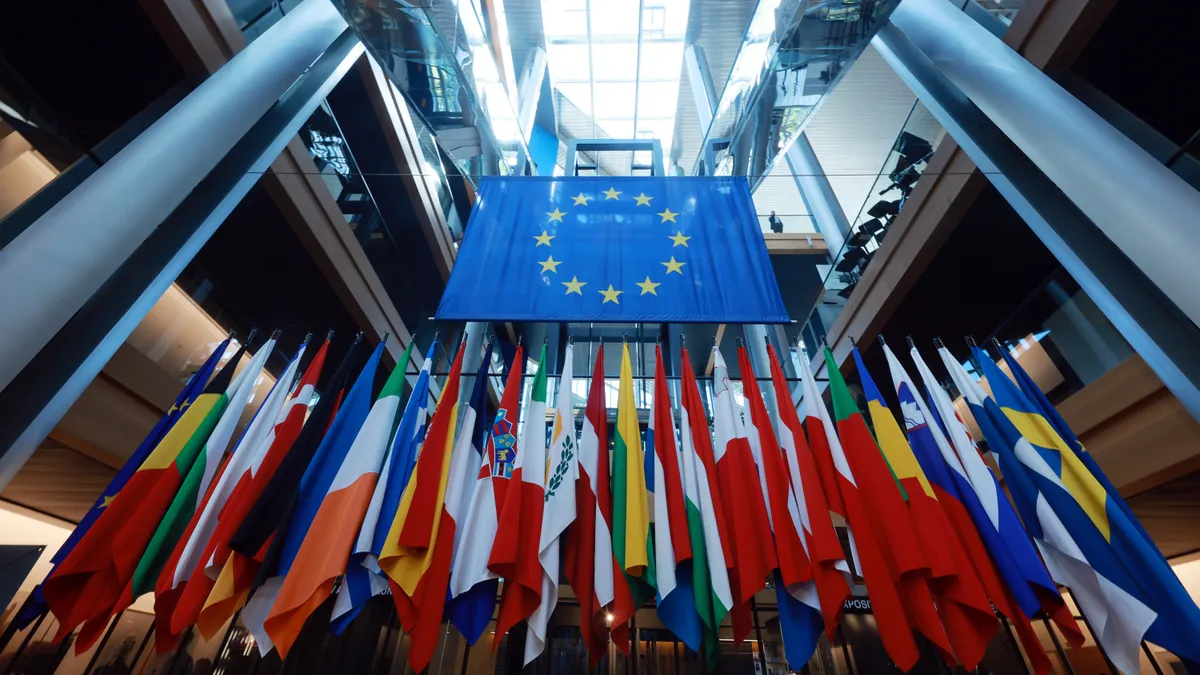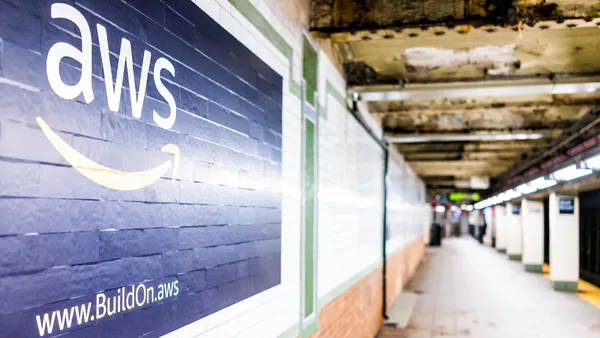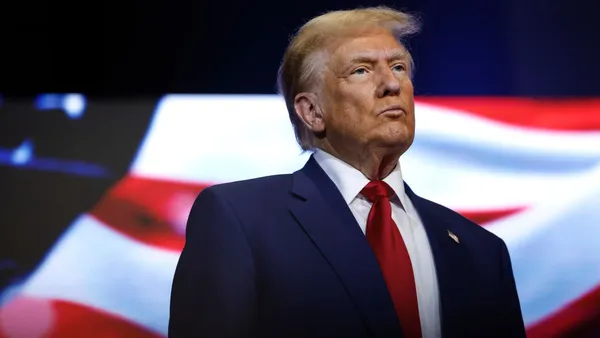Dive Brief:
- U.K. regulators are gathering information on the partnership between Microsoft and OpenAI to determine whether the deal constitutes a merger and its potential impacts on competition, the Competition and Markets Authority said Friday.
- The agency's decision to seek comments was driven by recent changes in OpenAI’s governance structure, the CMA said.
- “The invitation to comment is the first part of the CMA’s information gathering process and comes in advance of launching any phase one investigation, which would only happen once the CMA has received the information it needs from the partnership parties,” Sorcha O’Carroll, senior director for mergers at the CMA, said in a statement.
Dive Insight:
In November, OpenAI endured a brief, but intense governance crisis.
The company's board pushed out CEO Sam Altman, leading to a revolving door of interim CEOs, threats of mass resignation and all but one board member resigning. But the dust seemed to settle quickly, as OpenAI reinstated Altman six days later and set its sights on building out a more diverse board.
In the aftermath of the crisis, Microsoft joined the company’s board as a nonvoting observer. Now, U.K. regulators have questions.
OpenAI did not respond to a request for comment, while Microsoft pointed to Vice Chair and President Brad Smith’s statement posted to X, the platform formerly known as Twitter.
“The only thing that has changed is that Microsoft will now have a nonvoting observer on OpenAI’s Board, which is very different from an acquisition such as Google’s purchase of DeepMind in the UK,” Smith said in the post. “We will work closely with the CMA to provide all the information it needs.”
The CMA will review whether the partnership, including recent developments, resulted in an acquisition of control, where one party has material influence, “de facto control or more than 50% of the voting rights over another entity – or change in the nature of control by one entity over another,” according to the agency.
The agency plans to accept comments up to Jan. 3, 2024.
This is not the first time regulators have taken a closer look at OpenAI. Italy’s data protection watchdog temporarily blocked the startup from processing users’ data in April. The country lifted the ban later that month following a series of updates to OpenAI’s technology.
In the U.S., the Federal Trade Commission opened an investigation into OpenAI in June to determine whether the company risked harm to consumers or engaged in unfair or deceptive security practices.















